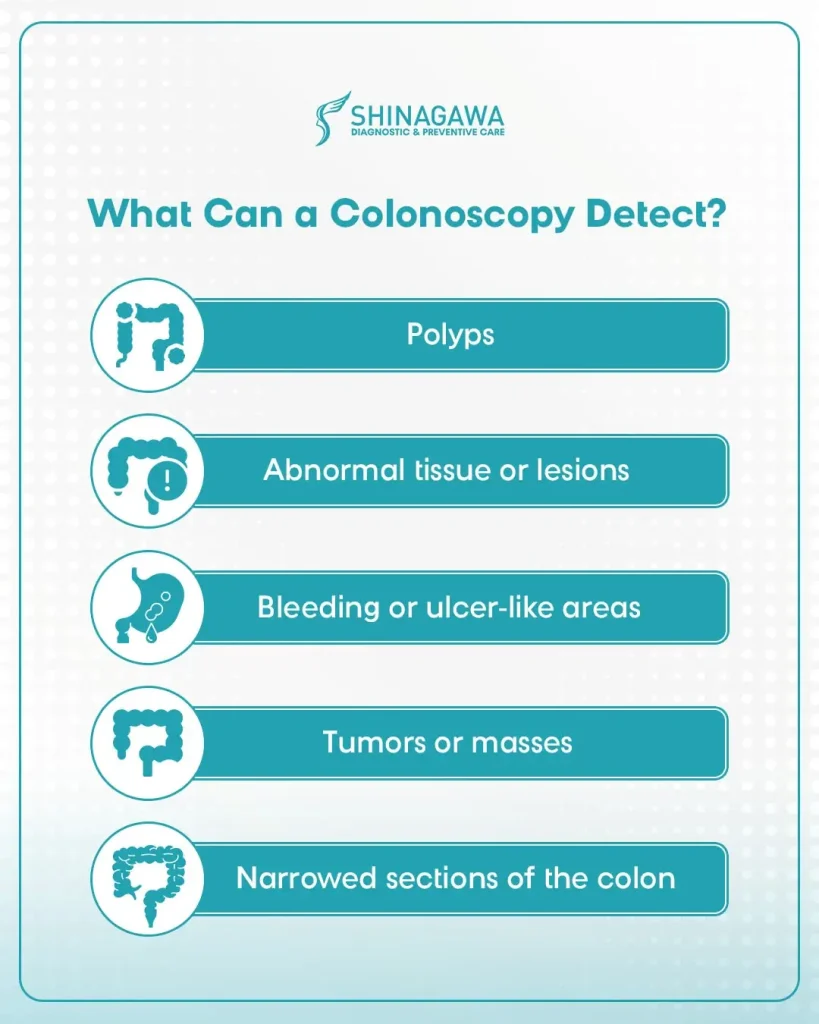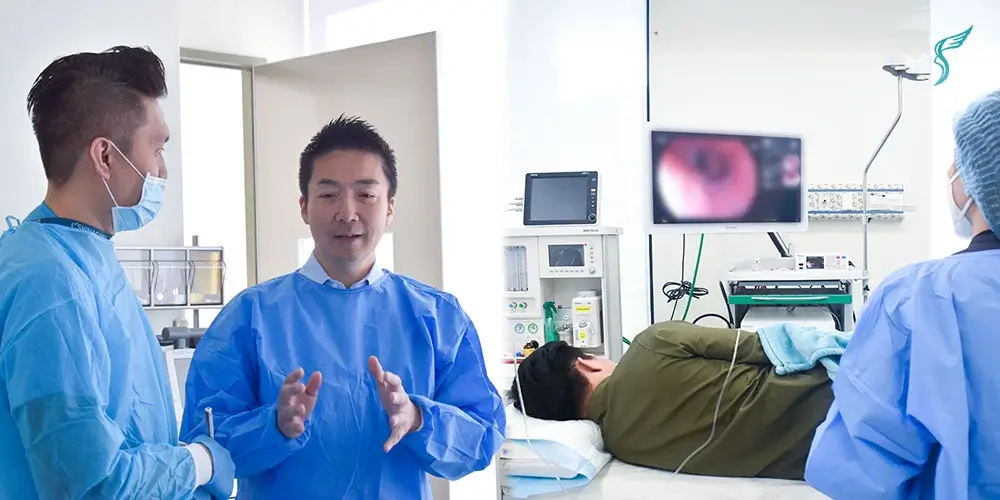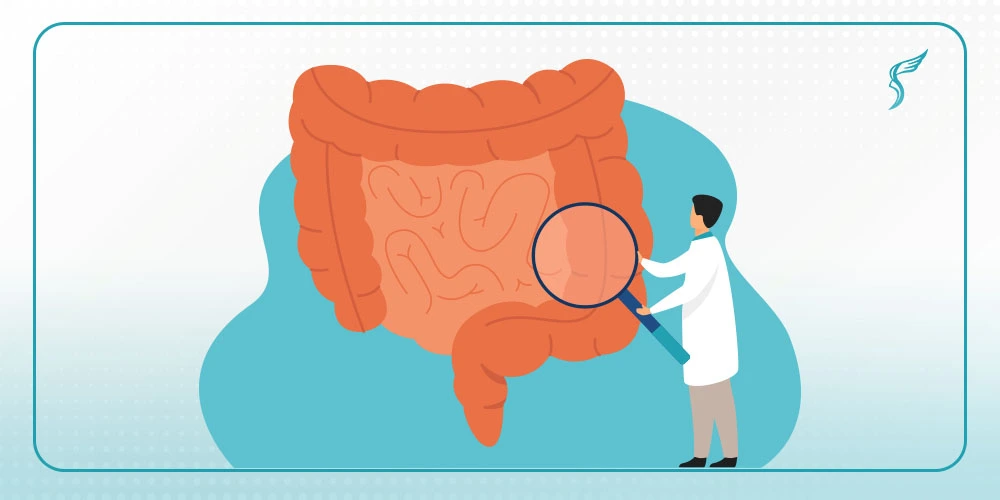A colonoscopy is one of the most effective ways to detect early signs of colorectal cancer. It’s typically done as a screening procedure—to check for abnormalities like polyps or unusual tissue growths before they turn into something serious.

By using an endoscope, (a thin, flexible camera) doctors carefully examine the inside of your large intestine (colon and rectum). This thorough inspection can reveal several suspicious or abnormal findings that may indicate a potential risk for cancer, including:
- Polyps – Small growths on the lining of the colon. Most are harmless, but certain types can develop into cancer if left untreated.
- Abnormal tissue or lesions – Areas that appear unusual in shape, color, or texture. These can indicate inflammation, precancerous changes, or, in some cases, early cancer.
- Bleeding or ulcer-like areas – Unexpected bleeding or raw-looking tissue may suggest irritation, infection, or abnormal cell growth.
- Tumors or masses – Larger lumps or growths may point to cancerous tissue.
- Narrowed sections of the colon – Cancer or other conditions can cause areas of the colon to constrict, which can sometimes be detected during the scope exam.
How Is Cancer Confirmed After a Colonoscopy?
Should the procedure reveal anything unusual, the next steps are focused on confirming what it is and help plan the most effective steps to address it.
In most cases, the doctor will take a biopsy, or a small tissue sample, for further testing. If it’s a polyp, it can often be removed immediately during the procedure to prevent potential complications later on.
The collected samples are then sent to a laboratory for detailed examination. Under a microscope, specialists look for specific cellular changes that determine whether the tissue is:
- Benign (non-cancerous) – showing normal or harmless changes.
- Precancerous – containing abnormal cells that could become cancer over time.
- Malignant (cancerous) – showing signs of uncontrolled cell growth.
Once results are ready, your doctor will discuss the outcome, explain what it means, and recommend any necessary follow-up or referral to a specialist for further evaluation.
The Importance of Early Detection
While waiting for results can feel stressful, it’s important to remember that early detection is the main goal of colonoscopy screening. Identifying potential issues before symptoms appear gives patients a much better chance at preventing or managing disease early.
Regular colonoscopy screenings help:
- Find and remove precancerous growths before they become harmful.
- Detect colorectal cancer early, when it’s most treatable.
- Provide peace of mind for patients who want to stay proactive about their health.
Even if the findings turn out to be benign, following your doctor’s recommended schedule for a colonoscopy remains important. It helps you stay informed about your body’s condition and more mindful of any potential changes or concerns that may arise in the future.
Get your Colonoscopy at Shinagawa Diagnostic
In the Philippines, colorectal cancer is one of the deadliest forms of cancer, affecting thousands of Filipinos every year. What makes it particularly concerning is that its early stages often show little to no symptoms, allowing the disease to progress silently.
When symptoms do appear, they can include:
- Changes in bowel habits like ongoing diarrhea or constipation
- Blood in the stool
- Stomach pain
- Unexplained weight loss
- Feeling tired and weak
- Not being completely relieved after a bowel movement
Paying attention to these signs and taking them seriously reminds us how important it is to get regular screenings such as a colonoscopy.
Shinagawa Diagnostic has long recognized the importance of early detection in the fight against colorectal cancer. That’s why our comprehensive health packages include sample collection tests like the Fecal Occult Blood Test (FOBT), which helps detect hidden blood in the stool—an early sign that may indicate colorectal cancer.

Specifically, our VIP Shinagawa Dock with Colonoscopy is designed for a more thorough and preventive approach. With a medical team trained and guided by Japanese doctors, each procedure is carried out with care, precision, and a strong focus on patient safety.
Disclaimer: This article is for educational purposes only and does not replace professional medical advice. Please consult a qualified healthcare professional for an accurate diagnosis and treatment.

